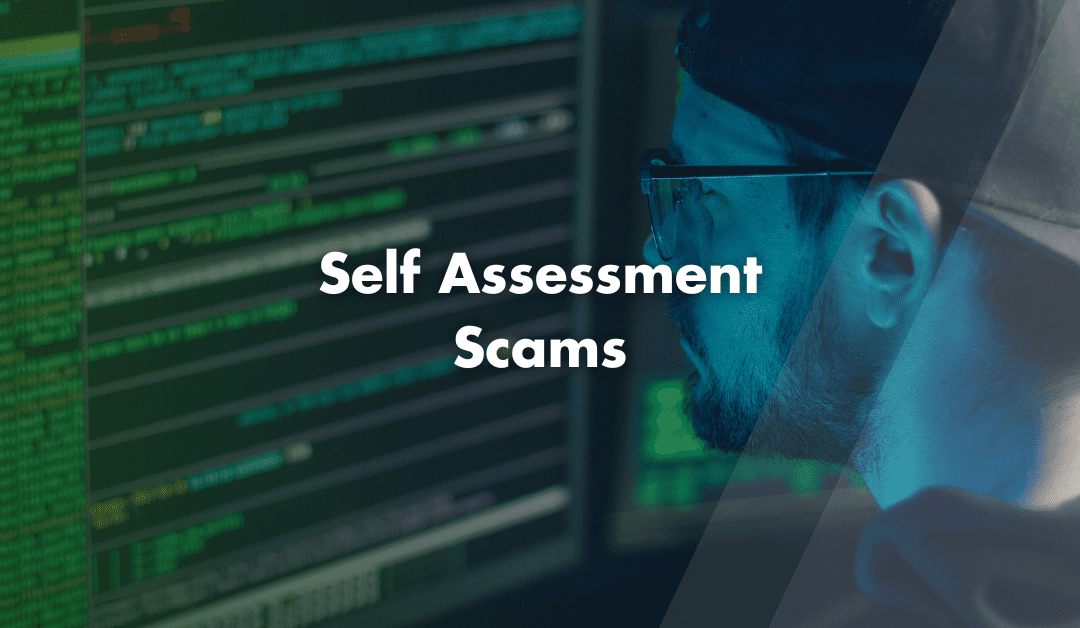As the deadline for filing a Self Assessment tax return online fast approaches, HMRC is urging taxpayers to remain vigilant against scams. Scammers often take advantage of this time to target unsuspecting individuals with fake tax rebate offers or threats of penalties.
How Self Assessment Scams Work
Scammers use sophisticated methods to impersonate HMRC, aiming to trick people into sharing their details. For instance, common tactics include:
- Fake Tax Rebates: Scammers send emails, texts or make phone calls claiming you are eligible for a tax refund. In order to claim it, they request sensitive details or ask you to click on suspicious links.
- Threats of Penalties: Scammers warn of unpaid taxes, threatening fines or arrest if you do not pay immediately. In extreme cases, they may demand payment via unconventional methods like gift cards.
- Imitation of Official Communications: These messages often mimic genuine HMRC emails or texts, using official branding to appear legitimate.
In the event that scammers gain access your personal information, they may steal your money or use your details for identity fraud.
Why are Self Assessment Scams on the Rise?
High Volume of Taxpayers – Over 12 million people file tax returns yearly, offering scammers a wide target audience.
Economic Pressure – The current financial climate makes taxpayers more susceptible to offers of fake rebates. Additionally, rising costs may prompt individuals to act more impulsively.
Advanced Tactics – Scammers are becoming more skilled at creating convincing fake communications. As a result, these scams are harder to detect.
New Filers – Changes to tax laws have increased the number of individuals required to file returns, including those unfamiliar with HMRC procedures.
How to Protect Yourself
1. Recognise Suspicious Communications
- HMRC will never email, text or phone you about a tax refund or threaten arrest.
- Do not trust caller IDs; phone numbers can be spoofed.
- Avoid clicking on links or downloading attachments in unsolicited messages.
2. Verify the Contact
- Check HMRC’s official website to confirm if a message is legitimate.
- Use the HMRC app or online account to track any tax repayments or liabilities.
3. Report Scams
- Forward suspicious texts to 60599.
- Send phishing emails to phishing@hmrc.gov.uk.
- Report scam phone calls on the HMRC website.
- Contact Action Fraud if you believe you have been a victim of fraud.
4. Protect Your Information
- Use strong, unique passwords for all accounts. Consequently, you make it harder for scammers to access your information.
- Never share sensitive details National Insurance numbers or bank information without verifying the request.
What to Do If You Are Targeted
Do Not Engage – Avoid responding to the message or providing any details. Instead, report it immediately.
Contact Your Bank – If you have shared financial information, inform your bank immediately to stop any unauthorised transactions.
Monitor Your Credit Report – Keep an eye out for unexpected financial activity, such as applications for credit or loans in your name.
Contact Us
We are not just accountants; we are Chartered Accountants with one of the most reputable and premium accounting bodies. We are registered and regulated by ACCA; so you can rest assured that you are in good hands. Knowing this, don’t hesitate to get in touch with us if you require assistance: Pi Accountancy | Contact Us
This article is for general informational purposes only and does not constitute legal or financial advice. While we aim to keep our content up to date and accurate, UK tax laws and regulations are subject to change. Please speak to an accountant or tax professional for advice tailored to your individual circumstances. Pi Accountancy accepts no responsibility for any issues arising from reliance on the information provided.

